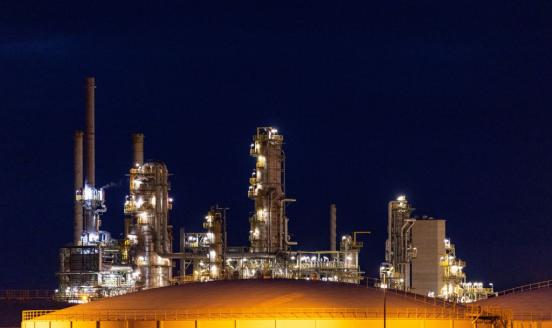Electricity Infrastructure – more border crossings or a borderless Europe?
Enabling the seamless trade in electricity across borders would help to deliver on all three European energy policy targets – security, sustainability
Enabling the seamless trade in electricity across borders would help to deliver on all three European energy policy targets – security, sustainability and competitiveness. Security would be increased because local supply shortages can be addressed by importing electricity from elsewhere. A larger-than-national market would mean that competition between national energy companies should lead to increases in efficiency and reductions in prices. Finally, in a European market, intermittent supply of energy from local renewable sources can be reliably averaged across wide geographic areas, reducing the need (and thus costs) of back-up capacity and system-stabilising services.
Based on this logic, the EU has been striving for more than 20 years to establish an internal electricity market. The target has been made concrete, with a deadline set in the Conclusions of the European Council of 4 February 2011, that the internal energy market should be completed by 2014. However, a number of milestones on the way to the deadline are about to be missed.
The most recent news is that the start of market coupling is postponed. Market coupling is a system that in principle would ensure that price differentials between countries only arise when no additional transmission capacity can be made available. Already last year the deadline for the start of the arguably more advanced “flow-based market coupling” in the Central-Western region (Austria, Benelux, France) had to be postponed from September 2012 to November 2013 at the earliest. Now, the coupling of the Nordic markets with the Central-Western markets has also been delayed from the beginning of this year to November 2013.
The development of network codes – that is detailed rules on all aspects of network operation relevant for cross-border electricity exchanges – is also running into difficulties. Delays are, for example, becoming likely for the network codes on “Capacity Allocation and Congestion Management” and on “Requirements for Generators” (see the conclusions of the most recent Florence Forum). The drafting of twelve interrelated network codes within only 12 months is already a tall order; these initial delays might result in tough trade-offs having to be made between speed and thoroughness.
Finally, network extension has been slower than planned. About half of the projects in the European network operators’ 2010 network development plan have been considered as delayed in 2012. According to this report only 52 percent of the (sub-)projects are proceeding as planned, 28 percent are postponed because of delays in the authorisation process, 6 percent are delayed because generators rescheduled their plans, and 13 percent are delayed for other reasons.
These delays might be symptoms of more structural difficulties. In a new Policy Contribution, we argue that the current approach is unable to align the incentives for energy companies with societal objectives, and to fully take the physical realities of the electricity system into account. We argue that without a bold step towards independent European network operation and planning, as well as some socialisation of network costs, we will not see the infrastructure needed to increase the reliability of the network, enable a truly borderless European electricity market, and facilitate the integration of renewables.



